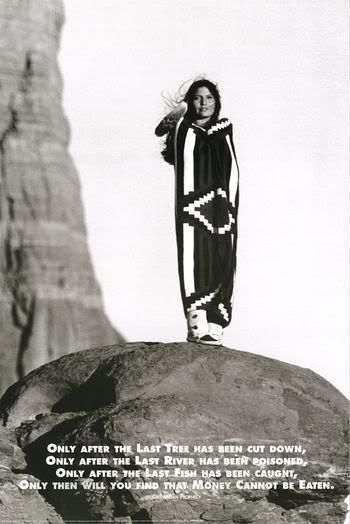"Target?" snapped back Hari Dixit.
"Uncertain, sir. We won't know until re-entry".
"Warhead?".
"Not known."
"Time to impact?"
"Estimated three minutes. Do we launch?".
"Launch site?"
"Kagan. Northern Pakistan. 34 degrees 47 North. 73 degrees 36 East"
"Get me Hamid Khan".
"They're not picking up, sir," said an aide-de-camp.
"Permission to counter-strike, sir" said a voice which Dixit didn't recognize.
"Confirm number of enemy missiles?"
"Two,sir"
"Time to impact two minutes twenty-eight seconds"
"Waiting your instructions, sir".
(scene from the underground National Command Centre, Karwana, Haryana, India).

What are the circumstances that would lead to a nuclear war breaking out on the Indian sub-continent ? That is the aim of this fictional account by Humphrey Hawksley, a BBC journalist who used to report from Asia. Drawing on his years of experience and insight into diplomatic and military knowledge gained, the story is set in 2007 and describes a full-scale war between India on one side, and Pakistan and China on the other. The initial flashpoints of tension are Kashmir and Tibet with insurgency and counter-insurgency action escalating into initially conventional, then thermo-nuclear warfare.
Hawksley's setting is realistic enough, describing each nation's current command and control structures, the location of each nation's major military bases, the military hardware and technology, as well as the domestic political faultlines in each country that leads to war. Pakistan is in the grip of a military dictatorship, and Hawksley correctly points out that the Pak nuclear strategy, given the numerical inferiority of its conventional forces, is based on a first-strike capability. China is preoccupied with gaining regional and global superpower status and views India as a threat to its ambitions. India, facing attacks on both the western and eastern borders, is increasing forced to take more extreme measures, but out of principle, refuses to counter-strike with nuclear weapons.
Without giving the plot away, the novel shows what an outcome would look like. The war exposes divisions in the West, with the US and her allies divided on how to respond. Pakistan is finished as a nation state, and the world sees a new more potent cold war developing with ever shifting alliances.
A good read - 8 out of 10.


